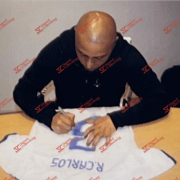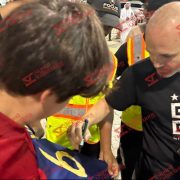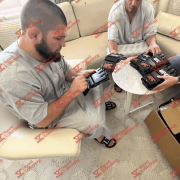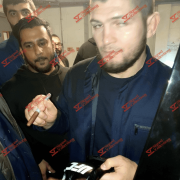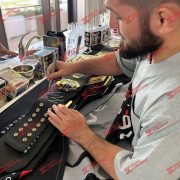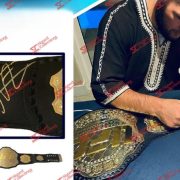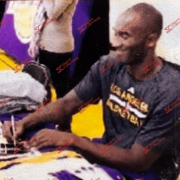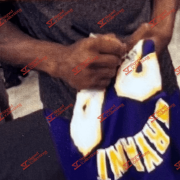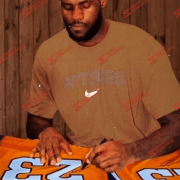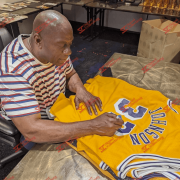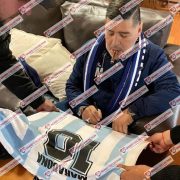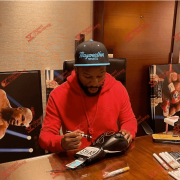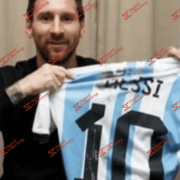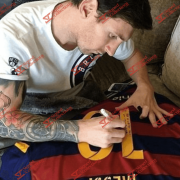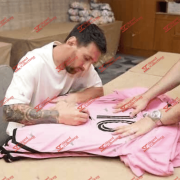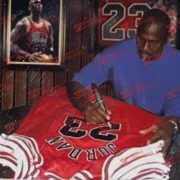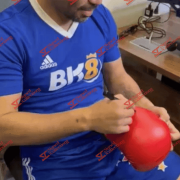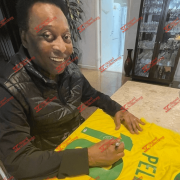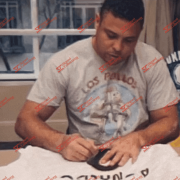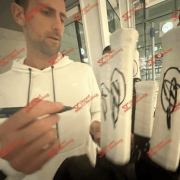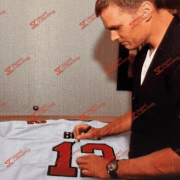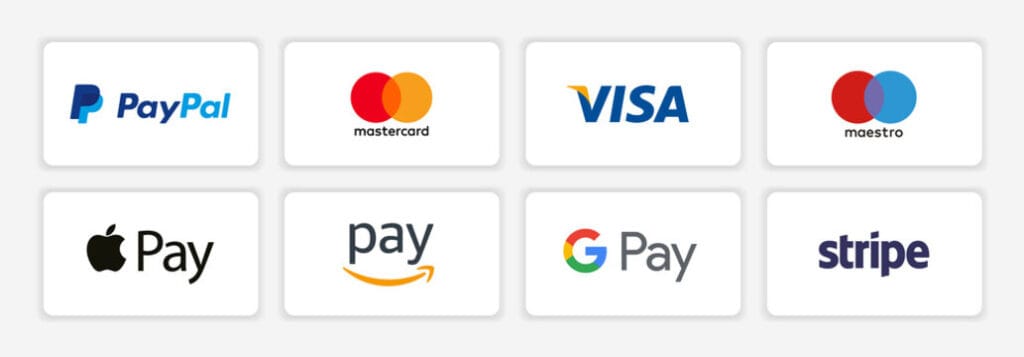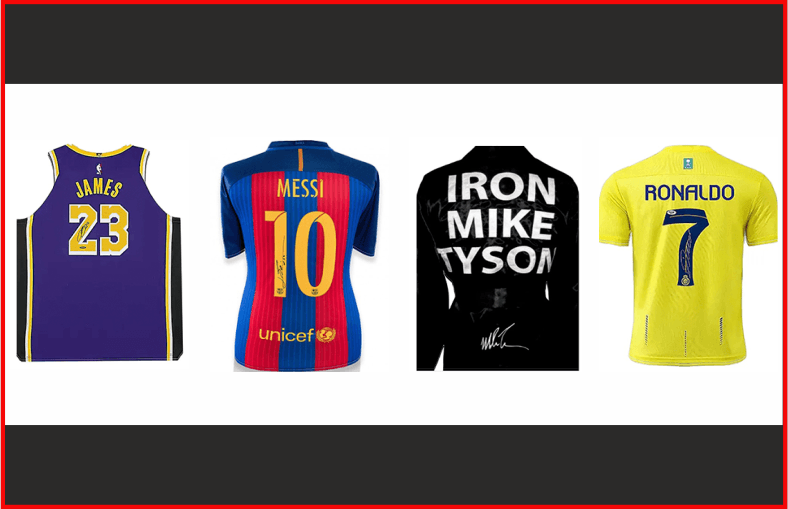What is a Certificate of Authenticity?
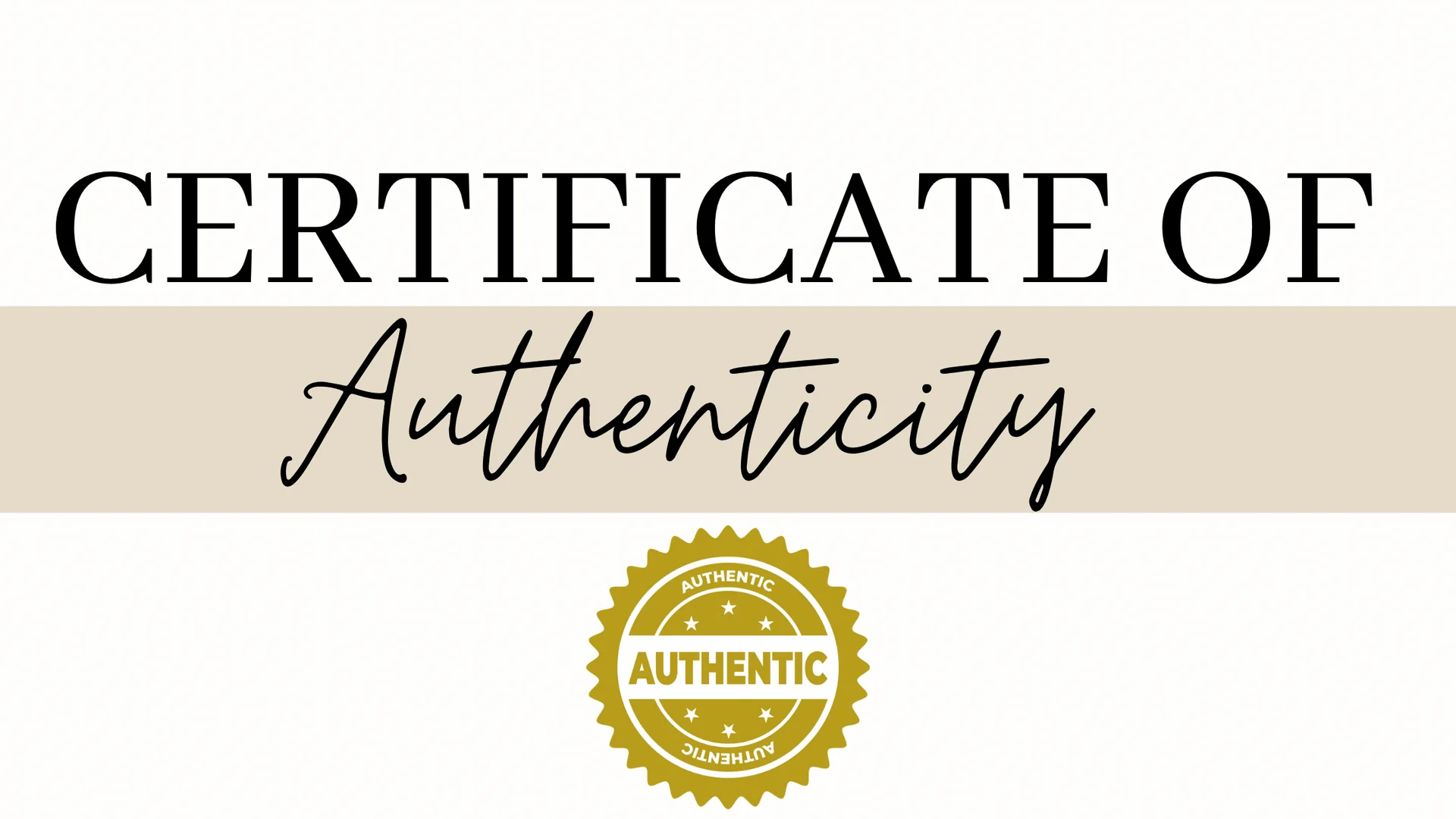
A Certificate of Authenticity (COA) is an official document that proves to the buyer that the autograph or signature is genuine and authentic. It shows that the autograph is of quality, and guarantees the buyer that it is produced by the person in question. It ensures the buyer peace of mind as the dealer is responsible for its authenticity.
However, a formal COA is not necessarily required to prove an autograph is genuine. Any valid receipt or proof of purchase from the established dealer would be sufficient and hold the dealer accountable for its authenticity.
All of our signed memorabilia come with a COA as we obtain the signatures ourselves and know that they are both genuine and of quality.
Below are some additional pointers to keep in mind when you are told the memorabilia has a certificate of authenticity:
- Ask to read, understand, and confirm all information contained in any certificate of authenticity.
- All COAs must be original documents by the authenticators and not photocopies.
- A genuine COA must fully and accurately describe the signed memorabilia which it is authenticating. There should be no doubt that the COA describes the memorabilia you are buying.
- Original receipts directly from the dealer can also be considered as proof or authentication that the memorabilia is signed by the person in question.
- Letters or correspondences directly from the person that mention, refer to or describe the memorabilia can also be considered as authentications.
- If you have any questions about a certificate of authenticity, contact the individual who authorized it and get the answers BEFORE you buy.
- If a COA contains no contact information for the dealer, then you are taking your chances by buying the memorabilia.



